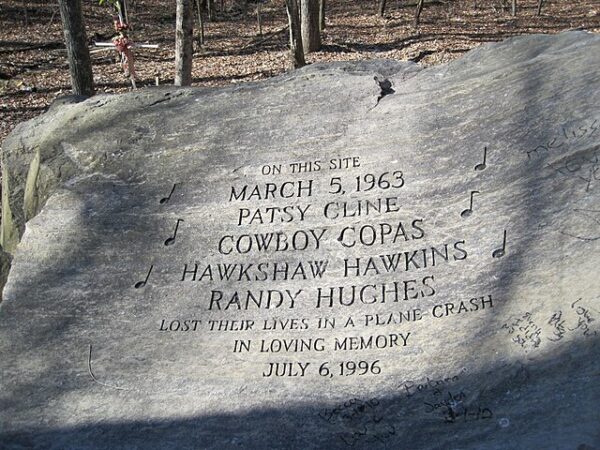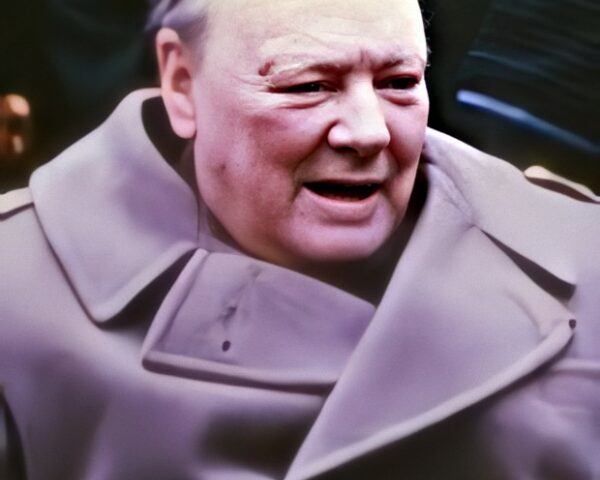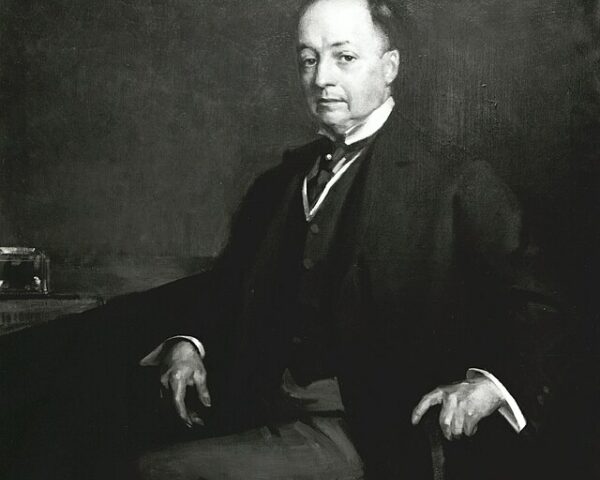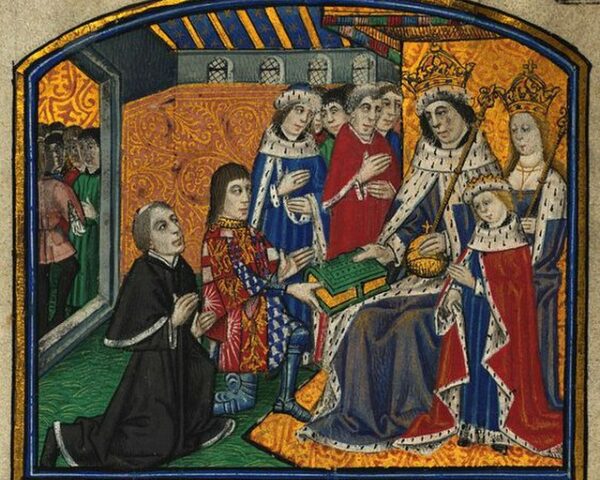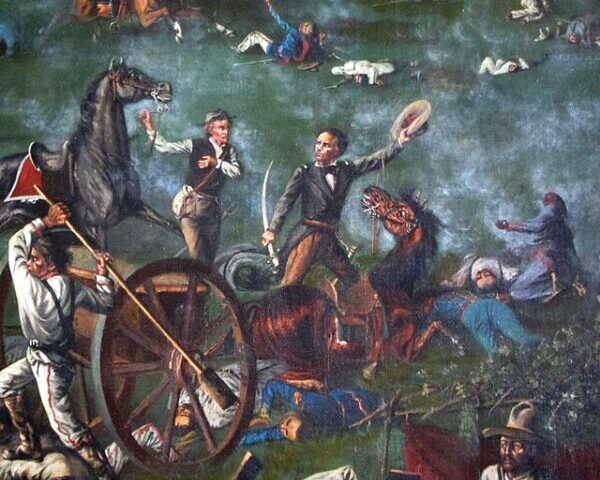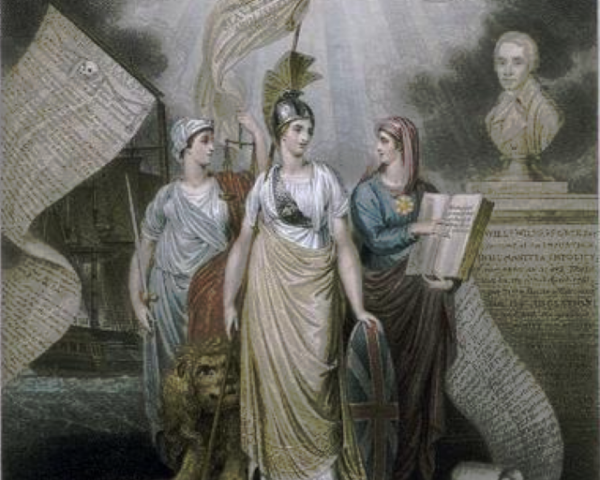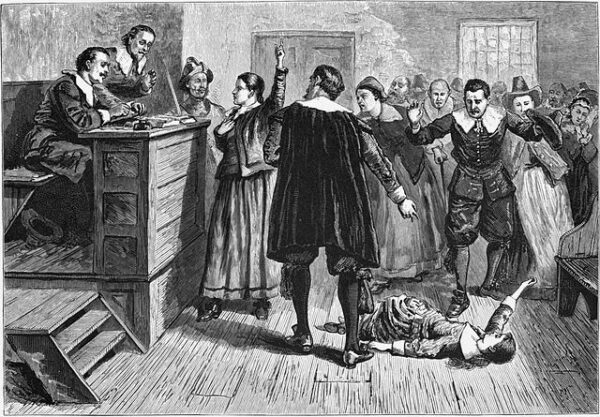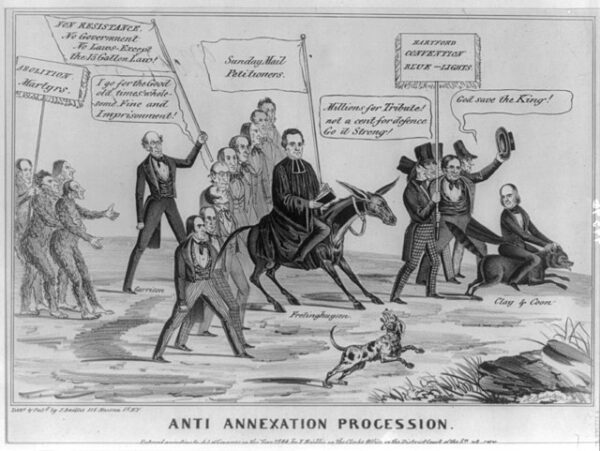On the evening of March 5, 1963, country music lost three of its brightest voices in a tragedy that stunned the industry and sent shockwaves through the American South. A small Piper PA-24 Comanche aircraft carrying three celebrated performers—Patsy Cline, Hawkshaw Hawkins, and Cowboy…
Read MoreWinston Churchill’s speech at Westminster College in Fulton, Missouri, on March 5, 1946, stands as one of the most significant addresses of the early Cold War. In this speech—formally titled The Sinews of Peace but better known for coining the phrase “Iron Curtain”—Churchill articulated…
Read MoreOn March 4, 1909—the same day he took the oath of office—President William Howard Taft faced an awkward constitutional puzzle. The man he wanted as secretary of state, Philander C. Knox, appeared to be barred from the job by the very document Taft had…
Read MoreThe Wars of the Roses erupted in England during the mid-fifteenth century as a dynastic struggle between the rival houses of Lancaster and York. The conflict stemmed from competing claims to the throne, aristocratic factionalism, and the instability of King Henry VI’s reign. Henry,…
Read MoreOn March 3, 1861, amid the brittle stillness of a winter-bound empire, Alexander II signed the Emancipation Manifesto and, with a flourish of imperial ink, detonated one of the oldest social arrangements in Europe. More than 20 million serfs—peasants legally bound to noble estates—were…
Read MoreThe events of March 3, 1991, became a defining moment in American history, exposing the entrenched issues of police brutality and racial injustice. That night, an amateur video captured the violent beating of Rodney King by Los Angeles police officers—an incident that ignited widespread…
Read MoreOn March 2, 1836, amid war and uncertainty, delegates gathered at Washington-on-the-Brazos formally adopted the Texas Declaration of Independence, severing political ties with Mexico and proclaiming the birth of the Republic of Texas. The decision came not in peacetime deliberation but under the shadow…
Read MoreIn 1807, Congress passed a law banning the international slave trade to the United States, set to take effect at the start of 1808, as permitted by the Constitution. The debate over this legislation was influenced by economic interests, national security concerns, and fears…
Read MoreOn March 1, 1692, three women were brought before local magistrates in Salem Village, Massachusetts, accused of an invisible crime that would soon convulse an entire region. Their names were Sarah Good, Sarah Osborne, and Tituba. By day’s end, the machinery of accusation had…
Read MoreOn March 1, 1845, President John Tyler signed a congressional joint resolution approving the annexation of the Republic of Texas into the United States—an event that profoundly shaped the nation’s territorial growth and foreign policy. The decision marked the culmination of nearly a decade…
Read More

